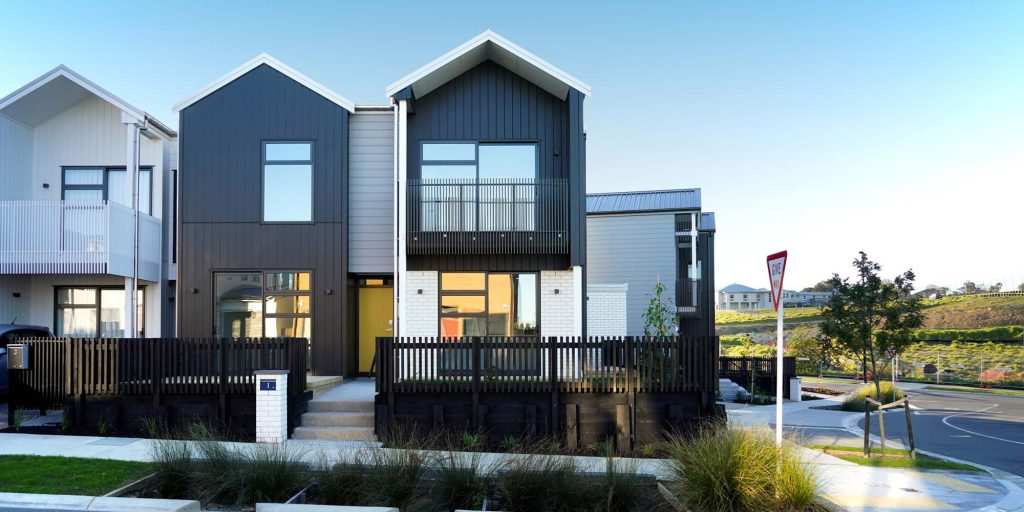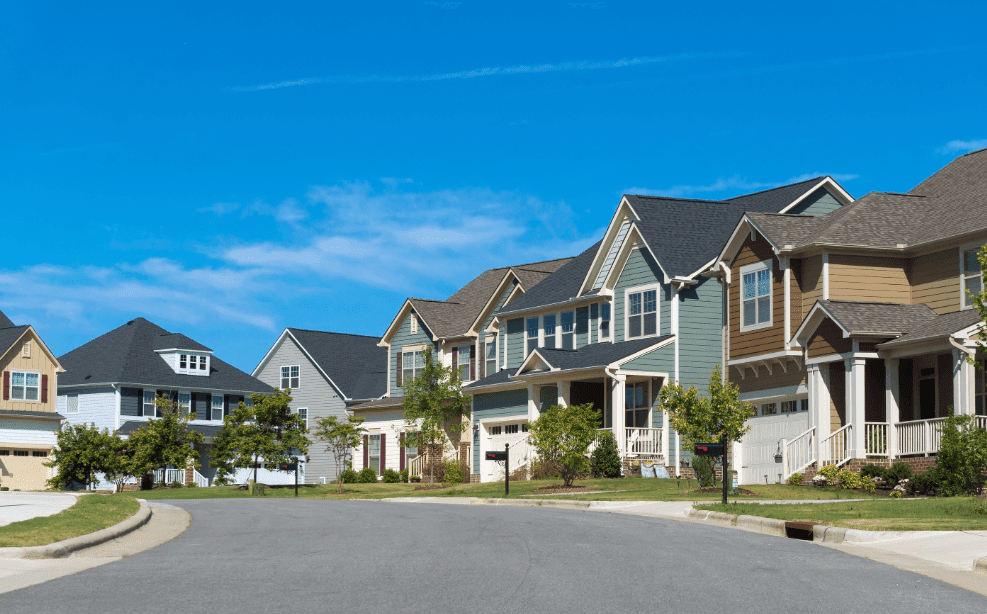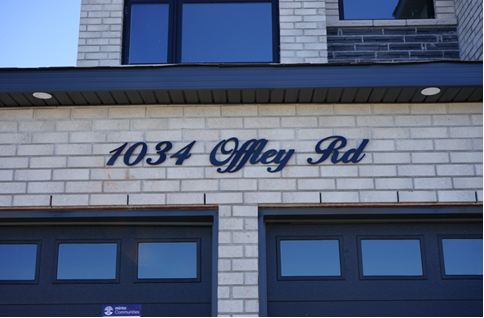Are you considering ways to double the value of your Auckland home over the next decade? With the housing market evolving rapidly, ensuring your home’s value grows is more important than ever. The question many homeowners are asking is: how can I maximise my property’s value without overspending? While cosmetic changes like a new kitchen or a fresh coat of paint can certainly help, real value comes from strategic investments—and partnering with the right builders.
In Auckland, working with knowledgeable builders is essential for boosting your home’s worth. Certified professionals, like those from NZCB, understand the city’s specific needs and can guide you in making smart, long-term investments. Here’s a step-by-step guide on how to make your Auckland home worth more in the next decade.
Table of Contents
Step 1: Choose Builders Who Know Auckland Inside and Out
When it comes to building or renovating in Auckland, local expertise is crucial. Auckland’s unique climate, market trends, and building regulations require builders with local knowledge and experience. The first step in increasing your home’s value is to select builders who understand Auckland’s intricacies, from its coastal winds to its humid winters.
Local builders know which materials will stand the test of time and are familiar with Auckland Council regulations, ensuring your project is compliant from the start. Working with certified builders like those at NZCB ensures that your renovation or new build is of the highest quality. Their understanding of the Auckland market means they can help you make decisions that will boost your home’s long-term value.
Step 2: Focus on Structural Upgrades
Before you focus on the aesthetics, it’s vital to ensure your home is structurally sound. Structural upgrades are often overlooked, but they provide a solid foundation for long-term value. Buyers are increasingly looking for homes that are not just visually appealing but are also well-maintained and energy-efficient.
Start by addressing any foundational issues. Older homes, in particular, can benefit from reinforcing foundations, rewiring, and upgrading plumbing systems. Additionally, improving insulation and adding double-glazed windows can make a significant difference. In Auckland’s damp, cool winters, homes with efficient insulation and energy-saving features are more desirable.
The cost of these upgrades might seem daunting initially, but they offer one of the highest returns on investment when it comes to selling your home. Not only do they make the property more liveable, but they also prevent costly repairs in the future.
Step 3: Add Value-Boosting Features
Once you’ve addressed the structural aspects of your home, it’s time to consider value-boosting features. Modern buyers are drawn to homes with contemporary, functional spaces. One of the most popular trends in Auckland is open-plan living, which allows for better flow between rooms and creates a spacious, modern feel.
Outdoor living is another key area. Adding a covered deck or patio, complete with an outdoor kitchen or BBQ area, can significantly increase the appeal of your home. Aucklanders love spending time outdoors, and a well-designed outdoor space is a huge selling point.
Technology also plays a big role in home value. Smart home features, such as automated lighting, security systems, and energy-efficient appliances, can enhance your home’s desirability. Solar panels, for example, are a long-term investment that not only reduces your energy bills but also increases your home’s value.
Step 4: Enhance Curb Appeal
First impressions matter. Enhancing your home’s curb appeal is an easy and effective way to boost its value. When potential buyers drive by your home, the exterior is the first thing they see, and a well-maintained front yard and entrance can set the tone for the entire property.
Simple improvements like repainting the exterior, updating the front door, or adding new landscaping can make a big difference. Consider adding native plants that are both attractive and low-maintenance, giving your home a fresh look without requiring excessive upkeep.
Additionally, don’t overlook the driveway. A cracked or uneven driveway can detract from your home’s appearance. Repairing or resurfacing the driveway can add a polished look that appeals to buyers.
Step 5: Renovate Key Areas, But Don’t Overdo It
Kitchens and bathrooms are two of the most important rooms when it comes to adding value to your home. However, it’s important not to overspend on renovations. Focus on modernising these spaces without going overboard.
In the kitchen, durable materials such as stone or granite countertops, simple yet stylish cabinetry, and energy-efficient appliances will do the trick. The same goes for the bathroom—keep it functional with good lighting, modern fixtures, and plenty of storage.
Keep in mind that while renovations can add value, there’s a fine line between upgrading and overcapitalising. Make sure your improvements are in line with what buyers in your area are looking for, and always consider the return on investment before undertaking major projects.
Step 6: Stay on Top of Permits and Regulations
It’s crucial to ensure that all renovations and upgrades are legally compliant. Failing to obtain the necessary permits can cause significant problems down the road, including lowering your home’s value or even delaying the sale. Auckland Council requires building consents for structural changes, and certain projects may require resource consents if they impact the environment or neighbourhood.
Working with certified builders like those from NZCB can help navigate the complexities of Auckland’s building regulations. They’ll ensure all work is properly permitted and up to code, giving you peace of mind and adding value to your home in the process.
Step 7: Keep an Eye on Hidden Costs and ROI
One crucial aspect that many homeowners overlook is understanding the return on investment (ROI) for each renovation or upgrade. Not every project will provide a positive return, and it’s essential to be strategic when deciding where to allocate your budget.
Before embarking on any home improvement, ask yourself: “Will this add significant value to my property?” For example, while high-end, custom-designed features may look impressive, they may not necessarily result in a corresponding increase in property value. Simpler, durable materials like engineered stone countertops or standard, high-quality fixtures can often offer better value for money. Additionally, going over budget on renovations can quickly diminish your potential profits.
Keeping track of both the costs and potential returns on your projects is essential to ensuring that your home improvements not only enhance your living experience but also maximise future resale value.
Step 8: Ensure Clear and Consistent Communication
Effective communication with your builders is key to a successful home renovation or building project. Misunderstandings or a lack of clarity can lead to costly mistakes, project delays, or results that do not align with your expectations.
It is important to:
- Have regular check-ins with your builders to monitor progress.
- Be explicit about your expectations, including the scope of work, timeline, and budget.
- Ensure all agreements and changes are documented in writing to avoid any confusion later on.
Consistent communication keeps everyone on the same page and helps ensure the project stays on track. When homeowners and builders are aligned, the project runs smoother, reducing the likelihood of costly errors or miscommunications that can impact the value of your home.
Step 9: Start Small and Plan for Long-Term Value
Lastly, it’s important to remember that increasing your home’s value is a gradual process. You don’t need to undertake massive projects all at once. Start with smaller improvements that fit within your budget and schedule, such as updating a bathroom or improving your landscaping.
Small, incremental upgrades can make a significant impact over time, and they are more manageable from both a financial and logistical standpoint. For instance, adding a new deck or improving your garden can immediately boost your home’s appeal without overwhelming your budget.
Focus on making steady improvements with a long-term view. The goal is to make your home more functional, aesthetically pleasing, and energy-efficient, which will pay off when it comes time to sell. By working with certified builders and adopting a strategic approach, your Auckland home can significantly increase in value over the next 10 years.
Your Auckland Home’s Future Value Starts Now
Increasing the value of your Auckland home doesn’t require extravagant spending, but it does require careful planning and strategic investments. By focusing on structural upgrades, modernising key areas, and enhancing curb appeal, you’ll be setting yourself up for long-term success.
The most important step is to partner with knowledgeable, experienced home builders Auckland can offer. NZCB home builders are experts in creating quality homes that will stand the test of time, ensuring your investment is a smart one. With their guidance, your home can be worth double in the next decade.







